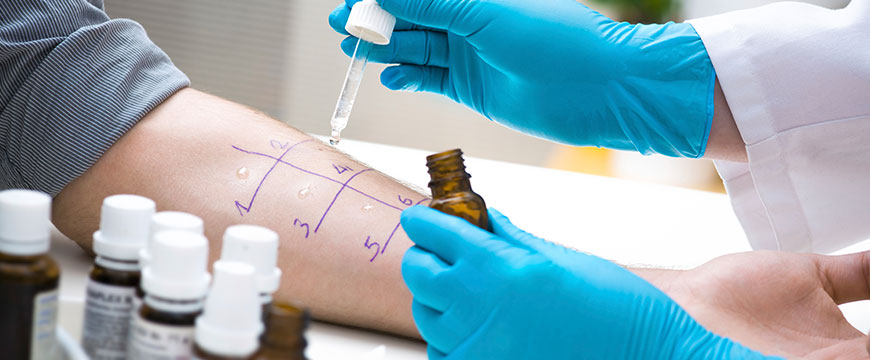
Allergic reactions can take a toll on one’s lifestyle especially if don’t identify the allergen. Effective allergy treatment requires testing accurately to treat the allergy conclusively. It’s also paramount to get the medical history details of the patient to ensure that nothing is left to chance. Allergy testing involves examining to determine your body’s reaction to a particular substance. The doctor will expose you to a small amount of allergen and test the response. Find an allergy doctor near you to carry out the test. There are three kinds of allergens which the allergy doctor will seek to check;
- Allergen that you inhale and usually affect your lungs, nostrils, and throat
- Ingested allergens are those you ingest in certain foods
- Contact Allergens are the ones that you react to when they touch your skin
Importance of Testing for Allergy
- Confirm or rule out allergies thus reducing any complications
- Avoid unnecessary use of medicine
- Avoid symptoms from escalating to severity
- Identify the specific allergic triggers to ensure you avoid the allergens
- Improve quality of life
Preparation for the allergy test
Once you find an allergy doctor near you, he will ask questions about your life and medical history. The doctor will require you not to take any over the counter anti-allergy medication like an antihistamine and any other medicines which could hinder the effectiveness of the allergy testing.
Types of Allergy Tests
- Skin Test
The skin test takes around one hour and involves getting a small amount of the allergen, and the doctor tracks your reaction to the allergen. There are several skin tests
- Skin Prick Test
The doctor will leave a small portion of the allergen on your skin and then prick the skin underneath. If you are allergic, the skin will start getting itchy, and hives will develop
- Patch Test
The doctor will place a patch of allergen on your skin and leave it for 46-48 hours. In case you have an allergic reaction, the skin will itch, and hives will develop.
- Intradermal skin test
The test involves injection an allergen into your skin. The doctor will do the test when one has an allergic reaction to the environment and drugs
- Blood Test
A blood test involves testing your blood for the allergen. The Biochemical test also known as the immunoassay test involves checking the presence of specific macromolecules using an antigen.
- Enzyme-Linked immunosorbent test
The test which is widespread measures the amount of allergen in your body.
- Radioallergosorbent Test
The test seeks to identify your allergy triggers
Side Effect of the Allergy Tests
Testing can result in mild itching, swelling and bumps may develop on the skin. In case the examination causes a severe reaction to ensure you talk to your allergy doctor Centreville VA to prescribe medicine.
Once the doctor the tests are done, work together with the doctor to come up with an action plan on how to avoid the triggers of the allergy. Take up any medication prescribed as per the given schedule.